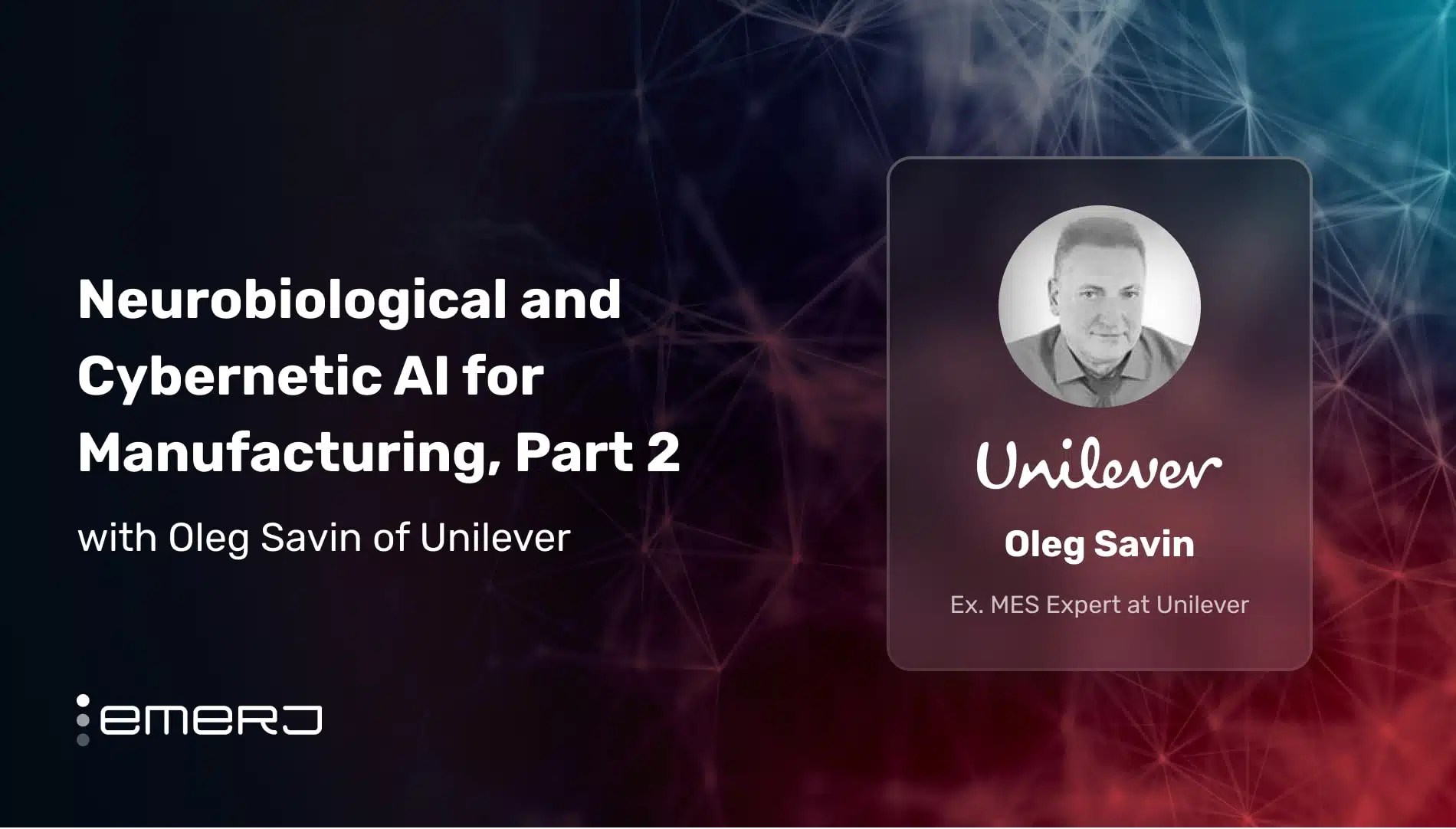EDTECH: What are some of the most promising applications of AI in higher education?
SHEHU: It’s exciting that we have the opportunity to ask, how do we build an AI-skilled and AI-literate workforce? What kind of courses should we offer, and how should we integrate AI across the curriculum?
There will be interesting new use cases created, because if you give folks the tools, they will come up with new applications. I believe this will unlock a lot of innovation in the instruction and learning space. In terms of research, there are also myriad opportunities. The intersection of AI with ethics, society and policy is an area where Mason has a lot of presence in the research landscape. Digital twinning increasingly uses generative AI. Predictive AI can help communities plan ahead and become more resilient. Almost anything you can think about, you can find a group of faculty here who are either working on that or planning their first steps.
EDTECH: What is most challenging for higher education when it comes to AI?
SHEHU: There are a lot of unknowns, and these technologies evolve so rapidly that it takes quite a bit of effort to be on top of everything. For example, AI has completely changed coding, so students can now utilize these technologies to generate code. That is prompting us to ask what and how we should be teaching in the classroom.
If you want to be on the forefront, you must recognize the apprehension because everyone feels it. But what worries me more is our students not being as competitive in jobs, so that’s one of many reasons we must be on the leading edge rather than saying, “No, I don’t want to engage.” Technology disruptions happen all the time, whether we choose to participate or not. My position is an invitation to the Mason community to participate and to influence the conversation. We live in interesting times, and I’m privileged to lead in such times.
LEARN MORE: Get key strategies for effectively implementing Google Gemini in education.
EDTECH: In selecting AI tools for the university, what are your priority considerations?
SHEHU: Last October, I launched an AI task force that is thinking about what these tools should satisfy and what we should be asking of these tools. We are working on clearly articulating principles and guidelines on the use of AI on campus for our faculty, students, researchers and staff. Everybody’s use may look a little different. To give you an example: We are refining a core framework that addresses our concerns about data and data privacy. We want to make sure that we’re protecting the data of everybody on campus and that these tools are not going to expose us, so we need them to be secure and sandboxed.
EDTECH: Five years from now, how would you like for someone to describe AI at George Mason?
SHEHU: I always go back to the people. At the end of the day, you can create educational programs, workforce training programs, research programs and partnerships, but you need to be honest with yourself and ask the question, is it making an impact? Five years from now, if there are students in the workforce who say, “This changed my life,” that’s what I want impact to look like.
Source link
#George #Mason #University #CAIO #Directs #Strategy






























